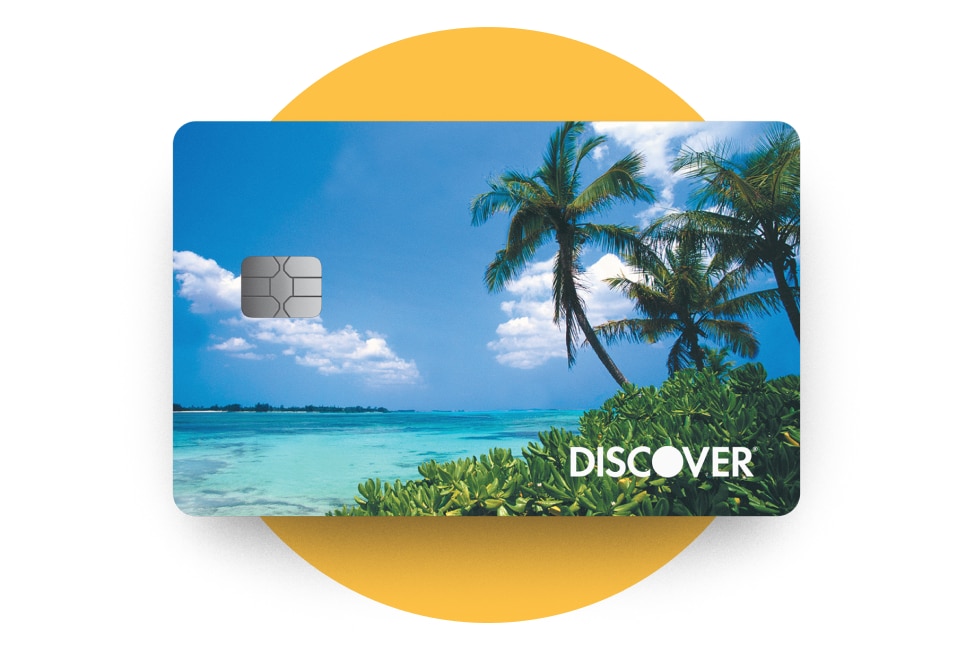
Whether dreaming of sandy beaches, snowcapped mountains, or luxury hotels, travel credit cards can help you save money and make your next trip more enjoyable. But there’s a lot to consider before applying for the best credit card for you. Our overview of the options, features, and preferred rewards on travel credit cards provides an excellent place to start when deciding on the best travel credit card for you.







